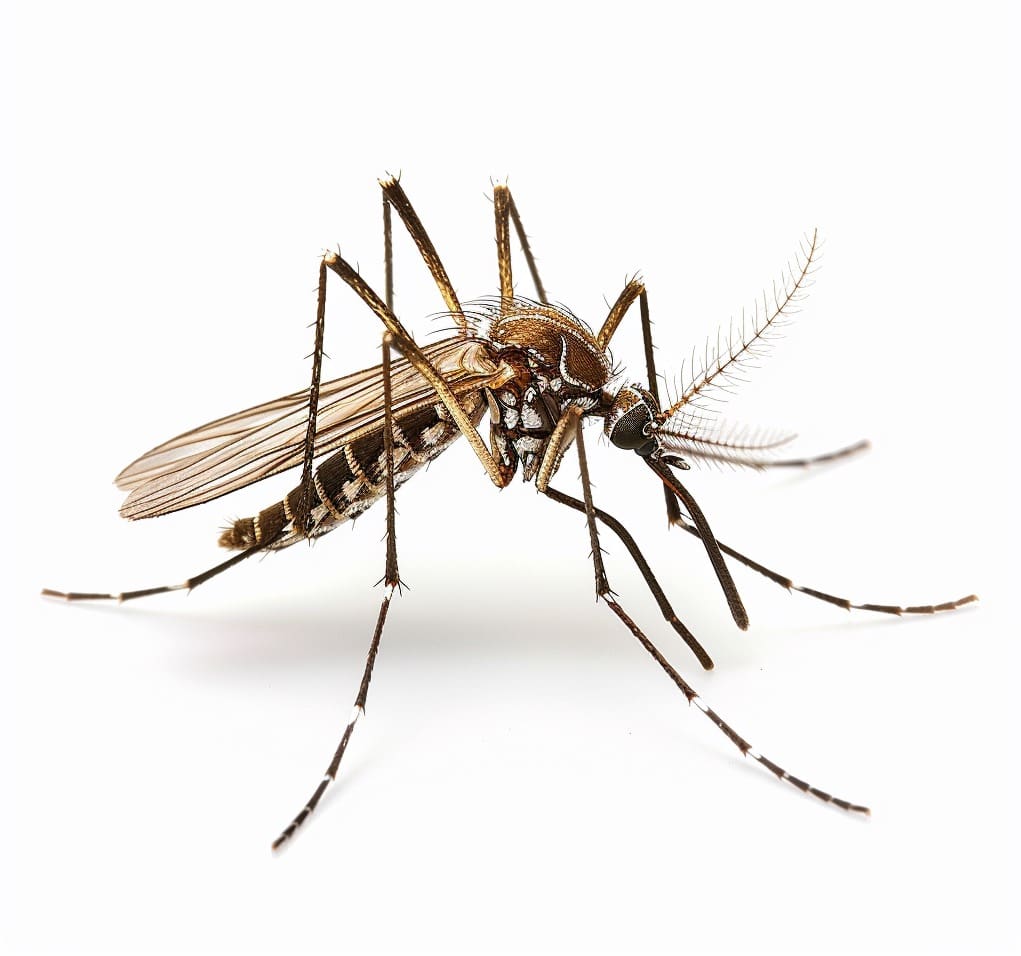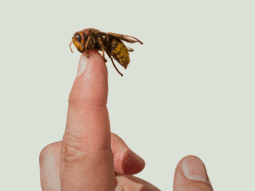
As we enter the peak tick season during summer, it is essential to spread knowledge on prevention, recognition, and early detection, particularly as the incidence of Lyme disease continues to rise globally with approximately 476,000 Americans diagnosed annually.
Spreading Lyme Awareness and Education
We must prioritize spreading Lyme awareness and education to combat the growing threat of this debilitating disease, which affects thousands of individuals worldwide each year.
As a community, it's crucial for us to grasp the risks and consequences of Lyme disease, especially during peak tick season.
We need to educate ourselves and others on the common symptoms, such as fever, headache, and rash, as well as the less apparent indicators like joint pain and neurological issues.
Understanding Lyme Symptoms and Diagnosis
Recognizing the diverse and often subtle symptoms of Lyme disease is crucial for prompt diagnosis and effective treatment, as early intervention can have a significant impact on long-term health outcomes. We've learned that Lyme disease can present differently in each of us, making it a challenging diagnosis to pinpoint. Common symptoms include fever, headache, fatigue, and a characteristic skin rash, known as erythema migrans, which appears in about 70-80% of cases. However, some people may not develop a rash, or it may be mistaken for a spider bite or other skin condition.
We've also come to understand that Lyme disease can impact various systems in the body, including the musculoskeletal, nervous, and cardiovascular systems. Joint pain, especially in the knees, and neurological symptoms like numbness, tingling, and Bell's palsy, are common. In rare cases, Lyme disease can lead to more severe symptoms, such as meningitis, encephalitis, and heart problems.
Accurate diagnosis typically involves a combination of physical examination, medical history, and laboratory tests, including blood tests and PCR (polymerase chain reaction) analysis. By understanding these symptoms and diagnostic methods, we can empower ourselves to seek timely medical attention and guarantee effective treatment.
Protecting Against Tick-Borne Illnesses
One in five Lyme disease cases occurs in people's own backyards, underscoring the importance of taking proactive measures to safeguard ourselves against tick-borne illnesses. We need to be mindful of our surroundings and take necessary precautions to prevent tick bites.
When spending time outdoors, we should wear protective clothing, such as long-sleeved shirts, long pants, and closed-toe shoes. Applying insect repellents containing DEET, picaridin, or oil of lemon eucalyptus can also aid in deterring ticks. We should also conduct regular tick checks on ourselves, our children, and our pets after spending time outdoors.
Moreover, we can establish tick-free zones in our yards by eliminating leaf litter, clearing brush, and forming a barrier of gravel or wood chips around playgrounds and patios. We should also consider using tick-killing products on our lawns and treating our clothing and gear with permethrin.
Impact of Lyme on Mental and Emotional Health
Lyme disease's sneaky impact extends far beyond the physical realm, as it can also wreak havoc on our mental and emotional well-being, leaving scars that linger long after the initial infection has been treated. We often overlook the psychological toll of this debilitating disease, but it's vital to acknowledge the profound effect it has on our mental health.
The chronic pain, fatigue, and cognitive impairment can lead to feelings of anxiety, depression, and isolation. We may struggle to maintain relationships, perform daily tasks, and find purpose in life, further exacerbating our emotional distress.
Moreover, the uncertainty and ambiguity surrounding Lyme disease can foster feelings of frustration, anger, and hopelessness. We may feel like we're losing control over our bodies and lives, leading to a sense of powerlessness.
It's important to recognize that these emotional and mental health struggles are a direct consequence of the disease and not a personal failing. By acknowledging the impact of Lyme on our mental and emotional health, we can begin to address these issues and work towards a more thorough recovery.
Lyme Advocacy and Community Support
As we navigate the challenges of Lyme disease, it's crucial that we also focus on building strong support systems through advocacy efforts and community engagement, which prove pivotal in promoting awareness and driving necessary change.
Lyme advocacy groups play a key role in educating the public, healthcare providers, and policymakers about the realities of Lyme disease. They work tirelessly to push for policy reforms, increased funding for research, and improved diagnostic and treatment guidelines. By joining these efforts, we can amplify our voices and create a collective impact.
Through online forums, support groups, and local meetups, we can connect with others who understand the struggles of living with Lyme disease. These communities offer a safe space to share experiences, ask questions, and find emotional support.
We can also participate in awareness campaigns, fundraisers, and advocacy events to raise our voices and demand change. By working together, we can break down the barriers that have long hindered Lyme disease awareness and treatment.
Conclusion
We've explored the complexities of Lyme disease, from its often-misdiagnosed symptoms to its profound impact on mental and emotional well-being.
By understanding the risks and taking proactive steps to prevent tick-borne illnesses, we can empower ourselves and our communities to take control of our health.
Through continued advocacy and support, we'll work towards a future where Lyme disease is better understood, better treated, and ultimately, better managed
See our Yard Guard Page to see what mosquito services Romex Pest offers.
We hope you enjoy these informational articles. If you'd like to learn more about our eco-friendly pest control services, call (844) 955-2447.
Read More
Your Path to a Pest-Free Home or Business
Romex Pest Control
We are committed to protecting you, your children, and your pets with our eco-friendly, child-friendly, and pet-friendly guaranteed pest control solutions.
Romex Pest Control is fully insured and licensed in Texas, Oklahoma, Louisiana, and Mississippi.
Service Areas:
Hours
M-F 8 am–5 pm
Sat 8 am–2 pm
Sun Closed
Established 2016 © Copyright 2025 Romex Pest Control










